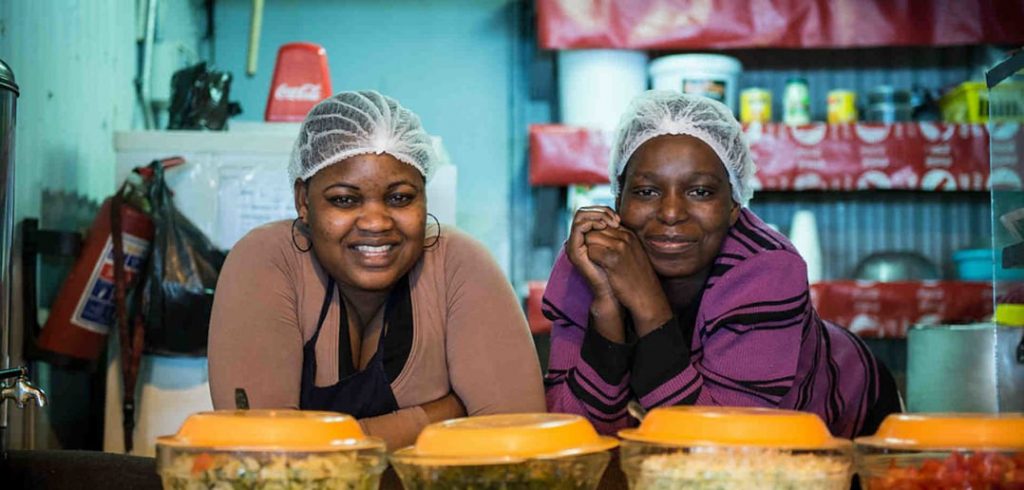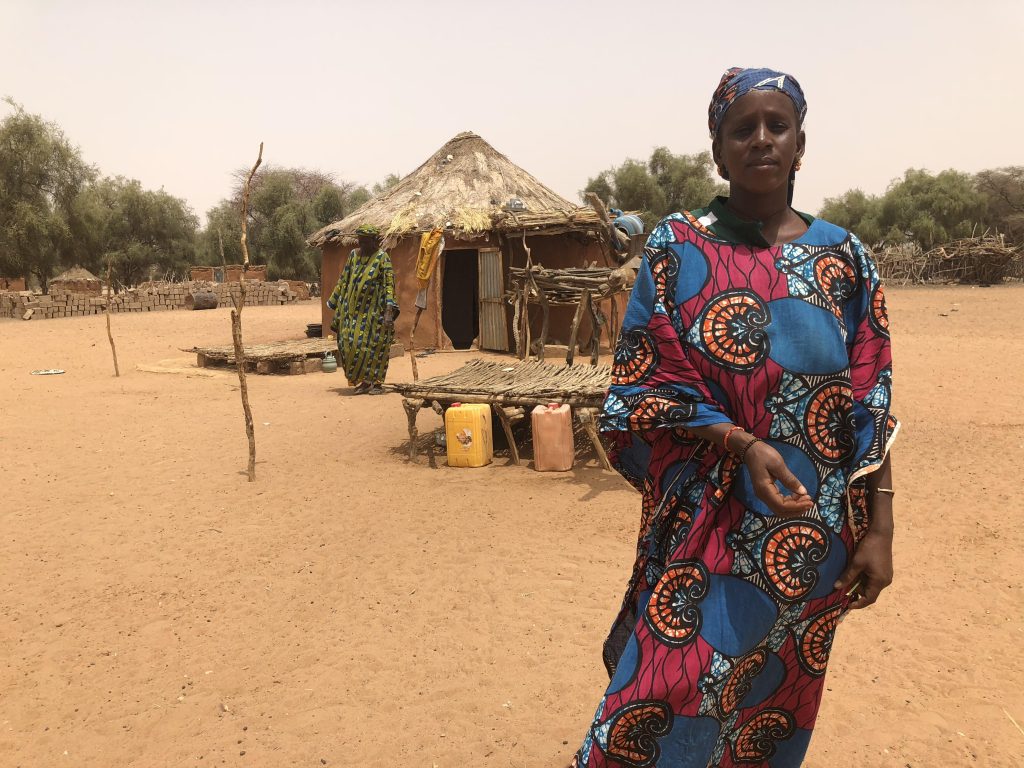
It is an agreed fact that women’s meaningful participation in economic, decision-making and at all levels- from the household to international institutions- has a central role in realizing women’s rights and gender equality, advancing almost every sphere of their lives thereby ensuring overall socio-economic development.
As documents indicate, empowering women in the economy and closing gender gaps in the world of work is key to achieving the 2030 Agenda for Sustainable Development Goal – the Sustainable Development Goals, particularly Goal 5, to achieve gender equality, and Goal 8, to promote full and productive employment and decent work for all; also Goal 1 on ending poverty, Goal 2 on food security, Goal 3 on ensuring health and Goal 10 on reducing inequalities.
The more women are engaged in work, the better their economies will grow. Women’s economic empowerment boosts productivity, increases economic diversification and income equality, reduces economic and social dependency, and enhances their capability in decision-making; in addition to other positive development outcomes.
With this same purpose, the Government of Ethiopia, in collaboration with development partners and stakeholders, has been arranging various programs that help women advance their knowledge and skills, expand their income-generation opportunities thereby earn a living and make them self-reliant economically.
Recently, a project aimed at benefitting more than 160 thousand women was launched by President Sahle-Work Zewde. The project is the second phase ‘Women Entrepreneurship Development Project’ and targets in supporting women to use their skills efficiently, empowering them economically and making them self-reliant.
During the launching of the second phase Project, the President recognized the contribution of the first phase project to the enhancement of women’s economic participation in the nation. Owing to the project’s financial and technical support, women entrepreneurs have enabled to maximize their entrepreneurial business activities, she pointed out.
“The finance and training have enabled the women to fly with two wings,” said President, adding that the women have become economically independent and created jobs. The project, which the World Bank has provided 100 million USD, is expected to be scaled up to eight more cities to reach over 160,000 beneficiaries.
The First Phase of the Women Entrepreneurship Development Project has created the first-ever women-entrepreneur focused line of credit in Africa in 2013 through co-financing with different countries such as World Bank, Italy, Japan, Canada and European Investment Bank.
The development project has been implemented with the aim to increase the earnings and employment of Micro and Small Enterprises (MSEs) owned or partly owned by participating female entrepreneurs in the targeted cities. This project has been effective in paving the way for a larger effort from the Government of Ethiopia in supporting the Small and Medium Enterprises (SME) finance agendas.
The Project was implemented with 250 million USD in the past 7 years where it was executed in 10 cities of four regions, reaching more than 40,000 women through financing and training. The first phase project is said to have paramount significance for the increased earnings and created employments, with 99 percent of the loans repaid.
Even though the country has been putting in lots of efforts, several documents indicate that the nation still falls behind its peers in the area of credit to enterprises owned by women. Due to several factors such as the absence of access to the market, raw material, lack of capital or finance, lack of marketing knowledge and many other reasons, women-owned enterprises falls far behind from their male counterparts.
Thus, it is important to give due emphasis in supporting and facilitating the necessary inputs so as to help them grow their business and enable them to be competitive in the market

